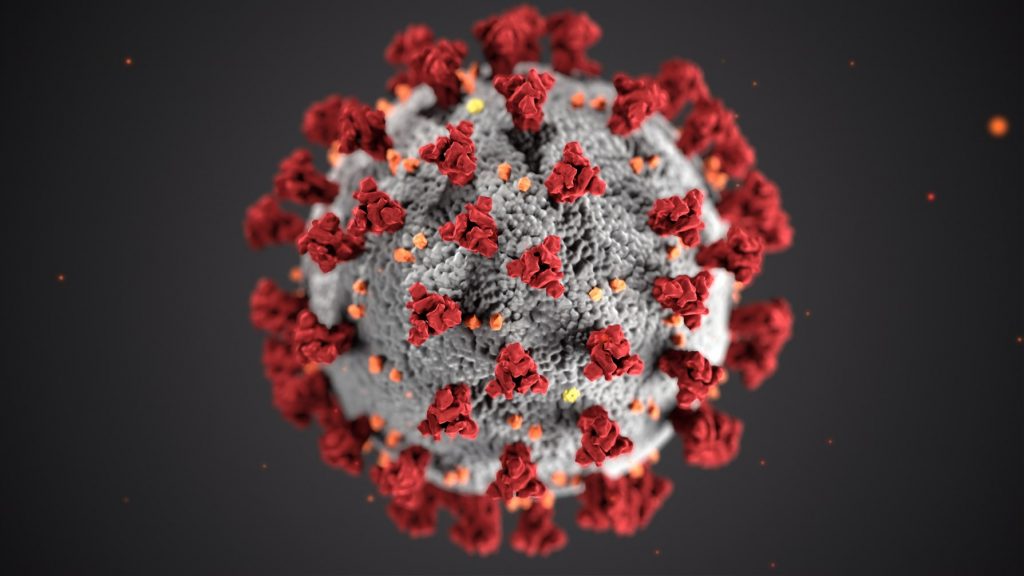CARD will test a well-known drug in the fight against coronavirus
A research team from the center of excellence CARD at the Danish Cancer Society will collaborate with colleagues from the University of Helsinki to test whether allergy medicine can be used as a remedy for coronavirus. The researchers from CARD have so far experienced good results by using certain forms of allergy medicine in cancer treatment and hope that the same will apply in the fight against coronavirus.

While the COVID-19 pandemic is plaguing the world, a group of researchers from the DNRF’s Center for Autophagy, Recirculation and Disease (CARD) at the Danish Cancer Society has teamed up with research colleagues from the University of Helsinki in the fight against coronavirus. Researchers from CARD have so far achieved good results by using certain forms of allergy medicine in cancer treatments, and together with their Finnish colleagues, they will test a specific type of allergy medicine as a remedy for the worldwide virus. To this end, the research team from CARD has just sent a package to the University of Helsinki containing the substances with which they work in the laboratories of the Danish Cancer Society.
“We have sent a package of 12 different substances that we work with that we believe can attack coronavirus,” said Professor Marja Jäättelä, head of center at CARD.
The package contains an antihistamine-type allergy medicine and is addressed to Finnish professor and virus expert Olli Vapalahti, who has developed a COVID-19 cell system in his laboratory at the University of Helsinki. Here, Vapalahti has developed cell models that can, among other things, test the coronavirus’s ability to divide and infect cells and how different substances act on the virus.
“Currently, there is a great deal of focus on malaria treatments such as chloroquine as well as hydroxychloroquine as possible treatments for COVID-19. They function mainly by disrupting the function of the lysosomes and thus the virus’s access to the cell,” said Jäättelä.
Well-tested drugs with few side effects
The initiative is based on CARD’s experience with research into so-called lysosomes, which are small organs in the cells of the cells, which are full of acid and enzymes and help to ensure that waste in the cells is broken down. In their research, Jäättelä and her research team have shown, among other things, that antihistamines can enhance the effect of chemotherapy by affecting the lysosomes. Since coronaviruses use the lysosomes to access the body’s cells, scientists will now test whether antihistamines will also affect the fight against COVID-19.
“Based on our knowledge of lysosomes and drugs that target lysosomes, we believe that some of the antihistamines that we have been investigating for many years may have a similar or even better effect on coronavirus,” said Jäättelä.
If the experiments in the laboratory at the University of Helsinki show good results, Jäättelä and the rest of the CARD research team hope that antihistamines will be tested quickly first on COVID-19 mouse models and then on patients.
“If our thesis holds, we will contact the health care system quickly. Chloroquine is not harmless, so if the antihistamines can be used, it will be safer. Antihistamines are old and well-tested drugs with very few side effects, so it will be a better solution,” said Jäättelä. She added:
“So even if we can’t completely remove the virus, we may be able to reduce the amount and thus prevent serious illness and death.”
